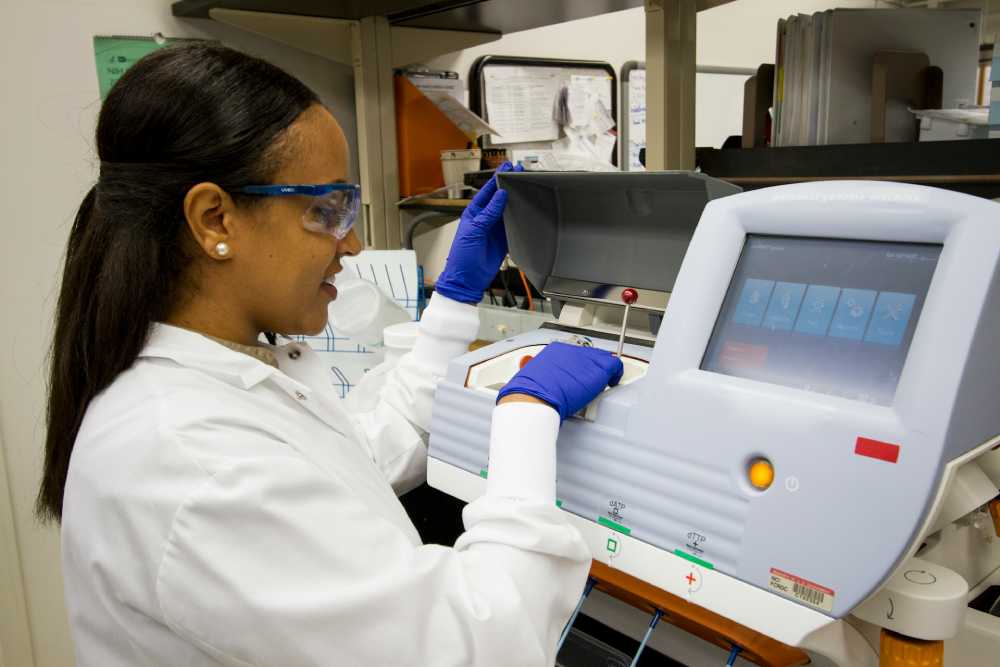The Role of Clinical Trials in Modern Medicine
Clinical trials are the foundation of medical progress and are essential to creating and approving novel therapies. These organized studies ensure that only the best data are available and assess the safety and efficacy of novel medications, medical devices, and other treatments on human subjects.
Understanding the different types of clinical trials is essential, as each serves a unique function in the research process. By coordinating extensive studies and protocols, researchers can bring innovative and life-saving treatments to patients around the globe.
Clinical trials also act as a bridge between laboratory research and patient care. These trials are necessary for many groundbreaking discoveries to remain theoretical and practical in medical use. The design and implementation of these trials strictly adhere to regulatory standards, ensuring the integrity and reliability of the findings.
Phases of Clinical Trials
Clinical trials are conducted in several phases, each with its objective:
- Phase I: Typically involves a small group of participants and focuses on evaluating the safety and dosage of a new treatment. This initial phase is crucial for identifying early side effects and determining the optimal dosage for subsequent phases.
- Phase II: Expand the participant pool to assess the efficacy and side effects thoroughly. Researchers gather preliminary data on whether the treatment works for people with a disease or condition.
- Phase III: involves a broader population to verify efficacy, track adverse effects, and gather information necessary for the treatment’s safe application. This phase often compares the new treatment to existing standard treatments and is critical for FDA approval.
- Phase IV: After a treatment is approved, this phase gathers additional information on the treatment’s effects in various populations and any long-term side effects. It helps understand the long-term risks and benefits and discover rare side effects.
Each phase serves a specific purpose and builds upon the results of the previous phase. Collectively, these phases ensure that only safe and effective treatments make it to market, safeguarding public health and trust in medical interventions.
Importance of Participation in Clinical Trials
Each year, tens of thousands of people help advance medical research by participating in clinical trials. Their involvement speeds up medical research and frequently gives patients access to advanced treatments that have not yet been made available to the public.
By joining these trials, participants can receive close monitoring and care, which might offer more comprehensive support than they would receive outside the trials. The benefits of contributing to these vital studies go beyond personal gain; they include the broader impact on public health and the future of medical treatments.
As medical conditions and diseases evolve, clinical trials adapt and evolve, ensuring ongoing advancements in treatment and management strategies for various diseases. Trial participants play a vital role in validating the effectiveness and safety of new treatments.
Medical discoveries would take much longer without their involvement to reach clinical application. Volunteering has a substantial impact on the growth of medical knowledge and the creation of creative solutions for urgent health issues.
Ethical Considerations and Participant Safety
Participant safety is a top priority in clinical trials. Ethical guidelines and regulatory frameworks protect participants’ rights and well-being. Institutional review boards (IRBs) and ethics committees rigorously review trial protocols to minimize risks and obtain informed consent.
These frameworks are established to maintain high ethical standards and protect human subjects involved in research. Ethical guidelines cover various aspects, including the necessity for transparency, respect for participants, and the requirement for scientific validity in the trial design.
To help people make an informed decision about participating in the research, participants are given comprehensive information about it, including information about potential risks and benefits. More information on ethical guidelines can be found at the National Institute of Child Health and Human Development.
Moreover, clinical trials are governed by strict regulatory oversight, ensuring compliance with ethical and legal standards. This oversight includes continuous monitoring and reporting mechanisms to promptly address adverse events and safeguard participant welfare throughout the trial.
Real-Life Examples of Successful Clinical Trials
Successful clinical trials have made many life-saving treatments available today possible. For example, the development of the COVID-19 vaccines involved multiple clinical trials worldwide, which were completed in record time due to unprecedented global collaboration. These trials underwent rigorous testing across various phases to ensure their safety and effectiveness before being administered to the public.
Another example includes treatments for chronic conditions such as diabetes and hypertension, where clinical trials have led to the development of more effective and safer medications. Millions of patients’ lives have been enhanced by the success of these studies, which have also influenced contemporary medical procedures.
These actual cases demonstrate the vital role of clinical trials in developing treatment plans for various medical diseases and introducing novel health solutions to the market. They demonstrate the potential of collaborative efforts in accelerating the development and approval process for essential medical interventions.
Conclusion
Clinical trials are a vital part of the medical research ecosystem, ensuring that new treatments are safe and effective before they reach the general public. By understanding the phases, ethical considerations, and importance of participation, individuals can make informed decisions about enrolling in these essential studies.
Additionally, the collective efforts of trial participants and researchers contribute to a robust and dynamic healthcare system capable of addressing current and future health challenges effectively. The U.S. Food and Drug Administration provides extensive resources and guidelines for further reading on the role of clinical trials.

